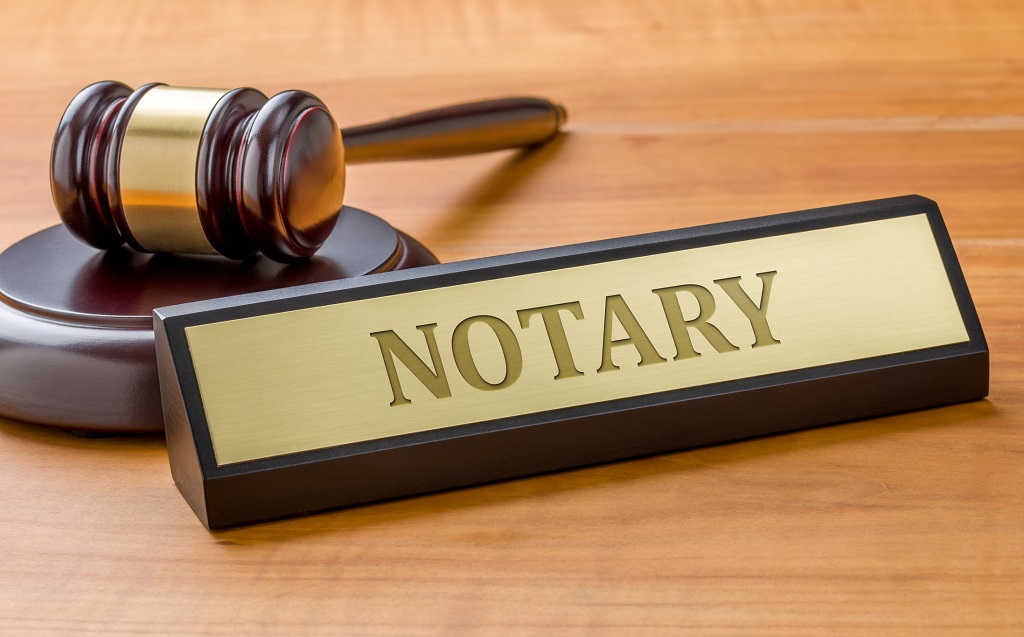In the realm of legal and business transactions, Notary Public in Thailand services are essential for authenticating documents, verifying signatures, and certifying copies of legal documents. In many countries, notaries are officially appointed by the state. However, in Thailand, the process is unique and governed by the Lawyers Council of Thailand rather than a dedicated governmental notary office.
This article provides a comprehensive guide for lawyers and legal professionals seeking to become certified as a Notarial Services Attorney (commonly referred to as a Notary Public) in Thailand. It outlines the legal background, qualifications, training requirements, and application procedures needed to obtain and maintain this designation.
Legal Framework for Notarial Services in Thailand
The Notarial Services Act does not exist in Thailand. Instead, notarial powers are governed under the Regulations of the Lawyers Council on the Certification of Documents and Signatures B.E. 2555 (2012). These rules empower the Lawyers Council of Thailand to authorize practicing lawyers to offer notarial services once they complete the required training and examination.
The Council created this system to ensure Thailand complies with international standards for documentation and provides qualified professionals for local and foreign entities needing notarization.
Qualifications for Becoming a Notarial Services Attorney
To be eligible for notarial certification in Thailand, applicants must:
-
Be a licensed Thai lawyer, registered with the Lawyers Council of Thailand.
-
Hold a valid lawyer’s license (known as a lawyer’s certificate).
-
Have no criminal record or history of professional misconduct.
-
Be in good standing with the Lawyers Council, with active membership and regular fee payments.
Foreign nationals cannot become Notarial Services Attorneys in Thailand, as the position is reserved for Thai citizens who are qualified legal professionals.
Training and Certification Course
The Lawyers Council of Thailand conducts regular training sessions and certification courses for lawyers who wish to offer notarial services. The program generally includes:
-
Legal principles and ethics related to notarization
-
Practical procedures for verifying documents and identities
-
International standards and practices for document certification
-
Guidance on signatures, seals, and record-keeping
-
Simulations and case studies of real-world notarization scenarios
The course typically lasts one to three days, depending on the format and location. It is often offered at the Lawyers Council headquarters in Bangkok or through accredited provincial branches.
Examination and Evaluation
At the conclusion of the course, applicants must pass a written or practical examination administered by the Lawyers Council. The test assesses:
-
Knowledge of Thai and international notarization standards
-
Ability to recognize forged or suspicious documents
-
Understanding of ethical responsibilities and legal liabilities
-
Familiarity with required documentation and reporting procedures
Only candidates who pass the examination receive certification as Notarial Services Attorneys.
Registration and Issuance of Certification
Once the applicant has passed the training and examination, they must:
-
Submit an application form to the Lawyers Council of Thailand
-
Pay the required registration and issuance fee
-
Provide supporting documents, including identification and lawyer registration
The Council will then issue an official certificate authorizing the lawyer to perform notarial services in Thailand. The certification remains valid as long as the attorney maintains an active legal license and abides by the Council’s ethical rules.
Responsibilities and Limitations
Notarial Services Attorneys must adhere to strict ethical and procedural standards, including:
-
Verifying the identity of signatories using valid identification (passport, ID card)
-
Maintaining records of all notarized documents
-
Using a registered notary seal or stamp with a unique identification number
-
Refusing services in cases of fraud, coercion, or lack of understanding
-
Avoiding conflicts of interest or unauthorized notarizations
Importantly, Thai notaries cannot legalize documents for official use abroad. That process, known as legalization or apostille, is handled by the Ministry of Foreign Affairs of Thailand after notarization is completed.
Benefits of Becoming a Notarial Services Attorney
Becoming a certified notarial attorney in Thailand opens professional opportunities and offers various benefits:
-
Increased trust and credibility with clients, especially in international cases
-
Expanded service offerings for law firms and solo practitioners
-
Ability to assist in immigration, business, and foreign property transactions
-
Competitive advantage in legal markets that require document certification
-
Valuable service for expats and foreign investors in Thailand
Many law firms now view notarial services as an essential component of their practice, especially in Bangkok, Pattaya, Chiang Mai, and other major hubs.
Renewal and Continuing Obligations
Although notarial certifications do not expire automatically, the Lawyers Council may require periodic updates or continuing education to ensure that practitioners stay informed about new laws and international standards. Lawyers must also maintain:
-
An active license with the Lawyers Council
-
Good ethical standing
-
Accurate logs and notarization records, which may be audited
Failing to comply with these obligations may result in revocation of the notarial authority.
Conclusion
The role of a Notarial Services Attorney in Thailand is vital for authenticating documents in legal, business, and international contexts. While Thailand does not appoint traditional notaries like in common law systems, it offers a reliable alternative through the Lawyers Council certification process.
By understanding the qualifications, training, and legal responsibilities involved, Thai lawyers can expand their practice, serve broader client needs, and contribute to a more secure and transparent legal environment. For foreign clients, working with a certified Notarial Services Attorney ensures that documents are legally recognized and appropriately verified for both domestic and international use.

